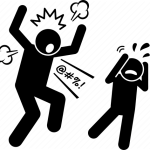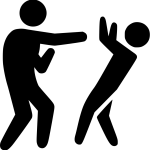PSIP recognizes that the wellbeing of its students and staff cannot be undervalued. Our staff is trained to be vigilant at preventing bullying and how to manage it when it happens.
Bullying is a form of aggression where there is a power imbalance; the person doing the bullying has power over the person being victimized.
Harassment and Bullying may take many forms:
- Name-calling
- Teasing
- Suggestive sexual comments
- Racist remarks
- Negative comments about people
- Spreading rumours
- Deliberately excluding others
- Physical bullying: using physical force or aggression against another person (e.g., hitting)
- Verbal bullying: using words to verbally attack someone (e.g., name-calling)
- Social/relational bullying: trying to hurt someone through excluding them, spreading rumours or ignoring them (e.g., gossiping)
- Cyberbullying: using electronic media to threaten, embarrass, intimidate, or exclude someone, or to damage their reputation (e.g., sending threatening text messages).
Bullying and Harassment are similar, yet different
 Harassment is similar to bullying because someone hurts another person through cruel, offensive and insulting behaviours
Harassment is similar to bullying because someone hurts another person through cruel, offensive and insulting behaviours
![]() Harassment is different from bullying in that it is a form of discrimination
Harassment is different from bullying in that it is a form of discrimination

Are my actions or words hurting someone else’s feelings?

Are my actions hurting someone else physically?

Are my actions or words making someone else feel afraid?

Am I trying to control someone else?

Am I unfairly taking out my feelings of anger or frustration on someone else?

Would I like someone else to do this to me?


